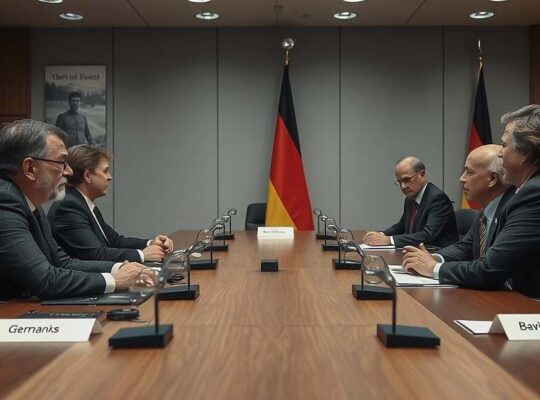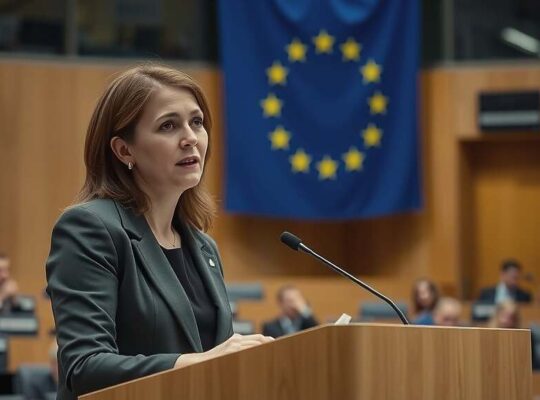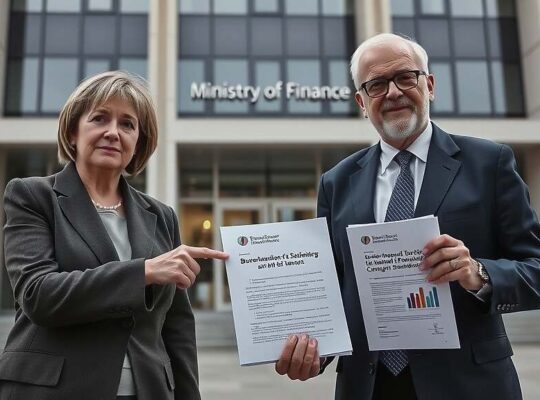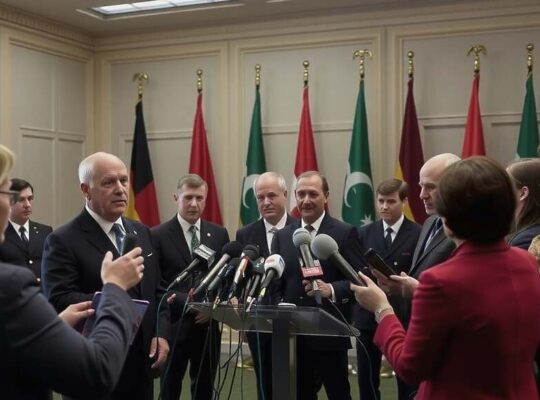The push for a definitive agreement on the combustion engine phase-out within the European Union is intensifying, with Lower Saxony’s Minister-President Olaf Lies urging the German federal government to swiftly present a unified position in Brussels. Speaking to Politico, Lies stressed the urgency, advocating for a resolution this week to allow Friedrich Merz to propose a solution at the upcoming EU summit. The current target of 15 million electric vehicles by 2030 is now deemed unrealistic, necessitating a pragmatic reassessment of the transition strategy.
While acknowledging the desire for complete electrification, Lies explicitly opposes a broad allowance for technological openness beyond 2035, signaling a firm stance against alternatives to battery-electric vehicles. He suggests limited exceptions for range extenders and plug-in hybrids. A purely synthetic fuels-based strategy, in his view, is impractical and disconnected from reality.
Instead, Lies proposes a carbon offsetting mechanism. He envisions allowing a small percentage – approximately 10% – of range extenders and hybrids to remain in the market after 2035, with their emissions compensated by a corresponding reduction in emissions from the existing fleet of approximately 250 million vehicles, achieved through fuel blending. Beyond fuel, Lies also highlights the necessity of incorporating green steel production into the industrial chain as a measure to support the steel industry during the transition.
Furthermore, Lies champions the development and production of smaller, affordable electric vehicles, leveraging a “super credits” system. This would allow disproportionately large reductions in CO2 emissions from these vehicles to be factored into fleet targets, incentivizing manufacturers to produce them, particularly in competition with Asian automakers.
The debate around emissions calculation methodologies is also becoming critical and Lies is increasingly leaning towards a lifecycle emissions model. This perspective, recently championed by BMW, would account for emissions across the entire value chain, potentially mitigating the apparent benefits of combustion engines while simultaneously revealing the environmental costs associated with electric vehicle production.
Looking to the larger picture of climate target achievement, Lies places significant responsibility on the shoulders of Federal Environment Minister Carsten Schneider. He warns that failure in the transportation sector will inevitably shift the burden onto other industries – potentially impacting the chemical, steel and glass sectors. Schneider, according to Lies, faces the challenging task of balancing employment concerns with the imperative of climate protection, a decision with far-reaching consequences.












